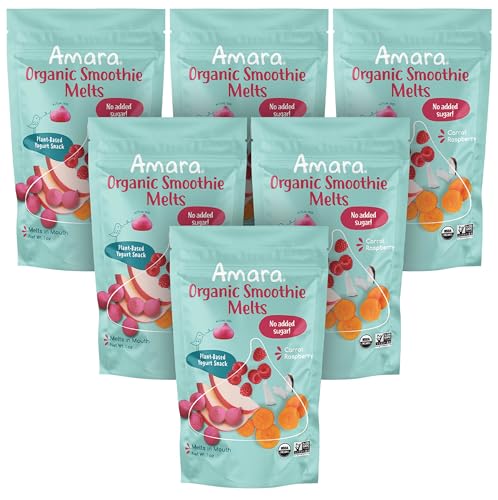Rabbit starvation is also known as protein poisoning. Human bodies cannot function properly without adequate quantities of fat and carbohydrates.What's that?
The human body is inefficient at turning pure protein into usable energy: if you're only eating protein, you would need more than 400 grams of protein a day to supply your energy needs. (Domestic rabbit has approximately 20.1 grams of protein per 100g of meat, so you'd need to eat 2,000g of meat a day. If a 4lb rabbit yields 2lbs, or 900g, of meat, you'd need to eat over 2 rabbits a day and nothing else.)
However, when your body converts protein to glucose for use as fuel, the gluconeogenesis happens in your liver rather than your digestive tract, and produces, as a by-product, high levels of ammonia and urea, which enter the bloodstream. At certain levels, beyond what your body can clear, these become toxic, hence the associated symptoms of intense fatigue, diarrhea, nausea, low blood pressure and depressed heart rate, and eventually death. The person also develops intense hunger for fats and carbs, but if those are not available, eating more meat will just make the situation even worse.
It's usually easy to find sources of food other than meat - plants and oils (nuts, fish, etc,) are not hard to come by in most situations - so only in extreme survival situations does rabbit starvation become issue. But once the process is in motion and the person is feeling the devastating effects of protein poisoning, it gets harder to search for other food sources (or do anything else, for that matter).
Thank God we live in North America in the 21st Century, where we will almost certainly never have to deal with this!
Last edited by a moderator:


















































